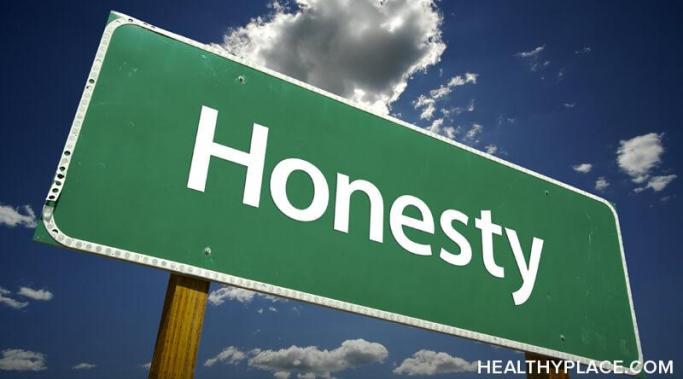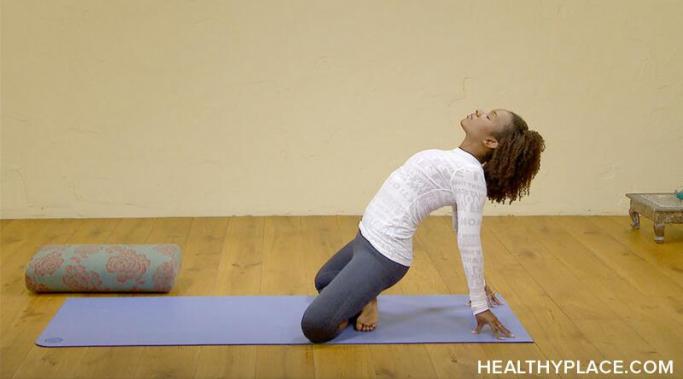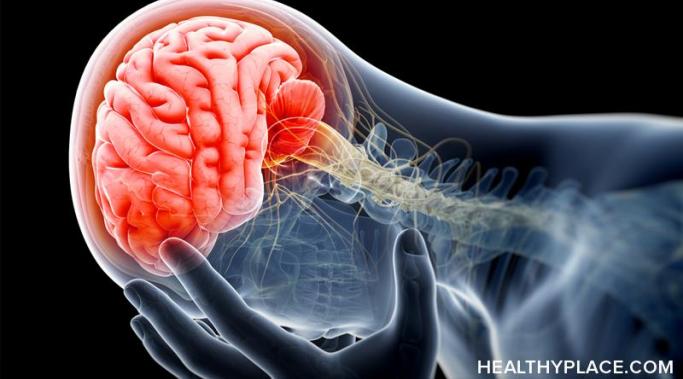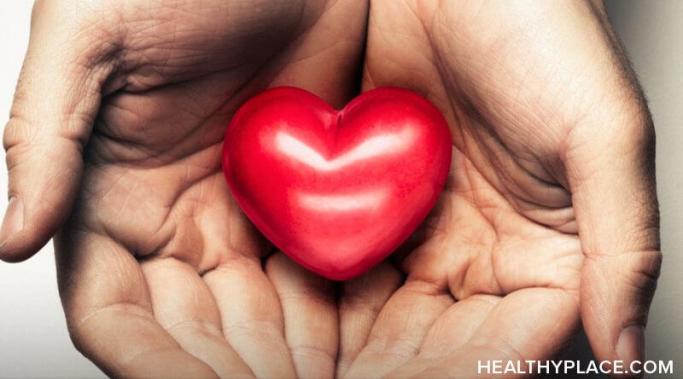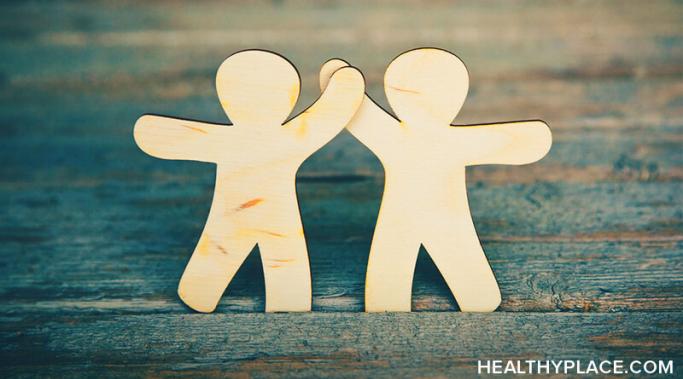Body dysmorphia is a mental health condition that will impact an estimated one in 50 people over the course of a lifetime.1 In some cases, those with body dysmorphia also suffer from eating disorder behavioral patterns such as caloric restriction, compulsive exercise, binge-purge cycles, or obsession with weight. The earliest signs of body dysmorphia often manifest in adolescence,2 and anyone can be at risk—no matter their gender pronouns, sexual orientation, body composition, or ethnic background. Here is what you should know about body dysmorphia in case you (or a loved one) are exhibiting symptoms of this mental illness.
Eating Disorders Treatment
Several years ago, when I had just begun the work to heal from anorexia, my therapist often closed out our frequent sessions with the reminder: "Your secrets will keep you sick." It's been a long time since I have seen this particular therapist, but I still carry her mantra with me. Eating disorders thrive on secrecy, shame, and silence—but honesty is the best weapon I have to combat eating disorder temptations when they creep back to the surface.
I am an identical twin. For most of my childhood, I was viewed as one-half of a package deal. In fact, my sister and I resemble each other so strongly that, as small children, my mom painted our toenails two contrasting colors just to tell us apart. We were known as The Twins, a source of fascination to those around us. I rarely encountered other sets of identical twins in those formative years—until my first experience at a residential eating disorder treatment facility. Twins were not uncommon there, which has me wondering: Is there a connection between eating disorders and twin dynamics?
When you enter the process of eating disorder recovery, one of the most intrusive—not to mention, persuasive—lies you might have to wrestle with is the belief that you're a burden. The combination of shame and stigma, which often underpins an eating disorder and many other forms of mental illness, can leave you feeling like just too much for those around you to tolerate. But as difficult as it can be to tune out this message, don't listen to the eating disorder voice: You are not a burden. In fact, you are worth claiming space in this world.
It's been more than 10 years since I took those first reluctant, clumsy steps into the eating disorder healing process. But even now, after all this time, eating disorder recovery is still a series of both ebbs and flows. As someone who wants a clear line of demarcation to signal the end of this path to recovery, it's frustrating that no such finish line seems to be in sight.
It's been several years since the last time I suffered through the holidays with an active eating disorder, but I can still remember just how visceral that sense of overwhelming panic used to feel in this season. Back then, I wasn't intentional about self-care whatsoever, so in years past, I tried to either dissociate from my body to escape all the discomfort within me or punish my body to restrain the fear of being out of control. But now that I am firmly resolute in my commitment to eating disorder recovery, I choose a third option, and it's the choice I will extend to you as well. Please be kind to your body this holiday season.
In many cases, eating disorder behaviors can be fueled by cognitive distortions. These irrational thought patterns could influence you to latch onto a negative and inaccurate view of yourself, a situation, a relationship, or life as a whole. But cognitive distortions only have power if you allow them to take root, which means that you can learn to spot cognitive distortions—and ultimately combat them—in eating disorder recovery.
Why am I, a queer woman of mostly European descent, talking about the movement to decolonize body image? The answer is simple: because it matters—therefore, it must be talked about. In the United States, November is recognized as National Native American Heritage Month, which makes this as ideal a time as any to further the conversation.
This letter is to you, the person who wants to quit eating disorder recovery.
There will often come a time in the healing process when you feel an impulse to share what you've learned with someone else and invest in their eating disorder (ED) recovery as well. I have experienced that urge in my own personal journey, and I've also watched it manifest in other ED recovery warriors I know.

